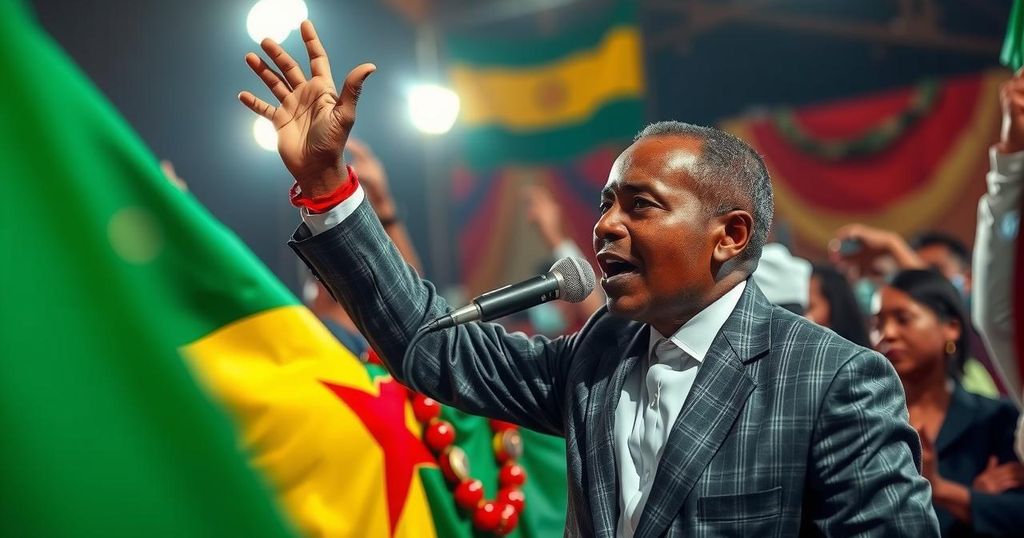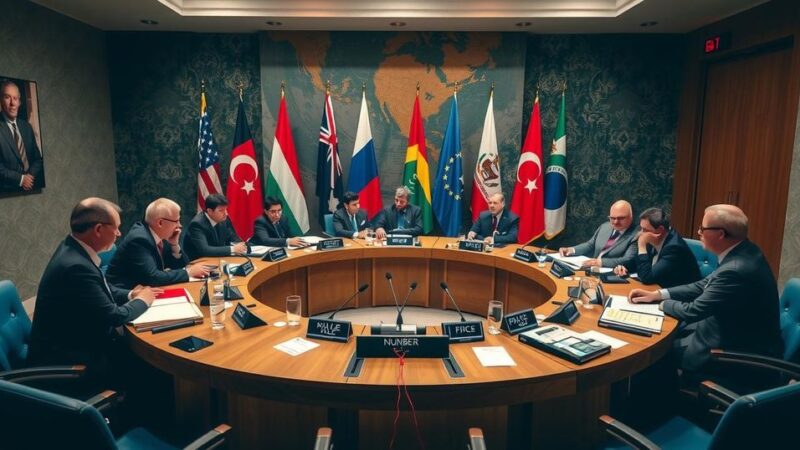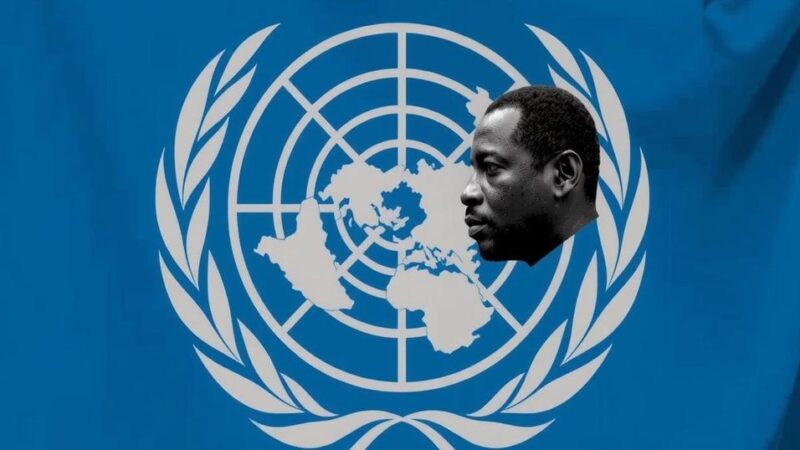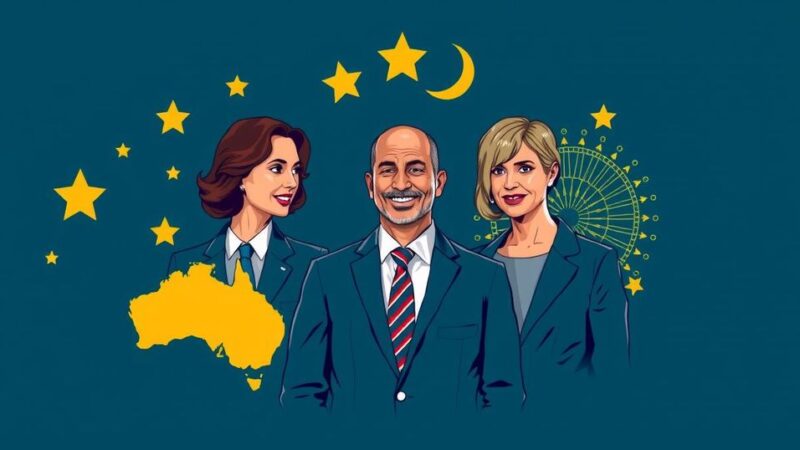Abdirahman Mohamed Abdullahi, the opposition leader of Somaliland, won the presidential election with over 50% of the vote, while the incumbent president received over 30%. His campaign focused on democratic reforms, economic improvement, and addressing youth unemployment. The election results could lead to enhanced relations between Somaliland and Somalia amid recent political tensions.
In a significant political development, Somaliland’s opposition leader, Abdirahman Mohamed Abdullahi of the Waddani Party, emerged victorious in the recent presidential election, securing over 50% of the votes cast. The electoral commission made this announcement on Tuesday, following a campaign focused on initiatives for democratic reforms, economic recovery, and addressing youth unemployment. The incumbent president, Muse Bihi Abdi of the ruling Kulmiye Party, gained just above 30% of the votes, marking a notable shift in the region’s political landscape. The election, which faced multiple delays due to funding issues, showcased Somaliland’s unique political structure, having declared independence from Somalia in 1991. Despite lacking international recognition, Somaliland has maintained a stable government and economic framework, contrasting sharply with Somalia’s ongoing security challenges. Political tensions have arisen recently due to Somaliland’s agreement with Ethiopia, which aims to allow the breakaway region access to the Indian Ocean. However, concerns persist regarding the perceived haste of the negotiations and the benefits for Somaliland. The opposition party’s agenda has emphasized the necessity for economic advancements stemming from this agreement, as well as greater transparency in governance. Notable Somali leaders have expressed optimism regarding the election results, suggesting potential for improved relations between Somaliland and Somalia. Former Prime Minister Hassan Ali Khaire articulated a hope for a new era marked by peace and unity among the Somali people. In addition, a gesture of goodwill came from Djibouti’s President, Ismail Omar Guelleh, who extended congratulations to Somaliland’s president-elect, further indicating regional interest in Somaliland’s political evolution.
Somaliland, a region in northern Somalia, declared independence in 1991 against a backdrop of civil conflict. Despite not securing international recognition, it has developed its own government, currency, and security systems, creating a stable environment unlike the rest of Somalia. The region has engaged in negotiations with neighboring countries, particularly Ethiopia, to enhance its economic standing while addressing its developmental needs. The recent presidential election is pivotal in shaping Somaliland’s future policies and relations within the Horn of Africa.
Abdirahman Mohamed Abdullahi’s election victory signifies a potential shift towards more inclusive governance in Somaliland, focusing on democratic reform and economic revitalization. His administration’s ability to navigate existing tensions with Ethiopia and Somalia will be crucial for promoting stability and development in the region. The responses from both local and regional leaders reflect a collective hope for enhanced cooperation and peace moving forward.
Original Source: www.seattletimes.com






